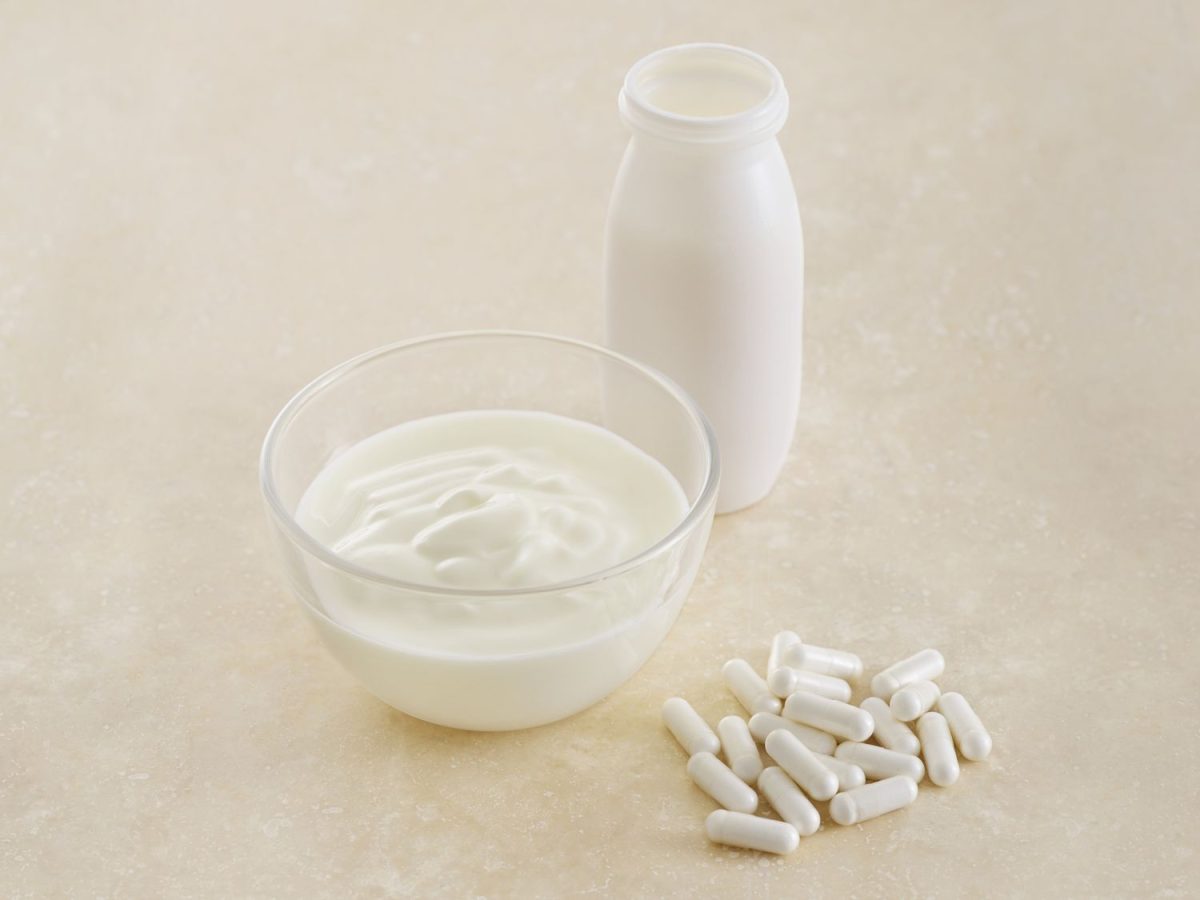Deploy Folding Table of contents
Unlocking the mystery of probiotics can be confusing and intimidating. This is especially true for those who are new to probiotics and feel overwhelmed by the amount of information out there. This article will help to shed some light on probiotics and provide an introduction on what they are, how to choose the right one, the benefits and potential side effects, and how to get the most out of your probiotics supplement.
What are Probiotics and How do They Work?
Probiotics are live bacteria or yeasts that are beneficial to our health. They are found naturally in fermented foods such as yogurt, kefir, sauerkraut, kimchi, and kombucha, as well as in supplements. When taken regularly, they help to maintain the balance of good bacteria in the gut, which can improve digestion, boost the immune system, and even reduce the risk of certain diseases.
The exact mechanism of how probiotics work is still being studied, however, it is believed that they help to reduce the growth of bad bacteria in the gut, increase the activity of beneficial bacteria, and modulate the immune system.
How to Choose the Right Probiotic for You
When choosing a probiotic supplement, it is important to consider a few factors. First, you should look for one that contains a sufficient number of CFUs (colony-forming units) per dose. CFUs are the live bacteria that are beneficial to your health. Some probiotics contain billions of CFUs, while others only contain a few million.
Next, you should look for one that contains multiple strains of bacteria. Strains are the specific types of bacteria found in probiotic supplements, and each strain has its own unique benefits. Finally, you should look for one that is backed by scientific research and has been tested for safety and efficacy.
Benefits of Taking Probiotics
Regularly taking a probiotic supplement can offer numerous benefits, including improved digestion, better absorption of nutrients, enhanced immunity, and even a reduced risk of certain diseases.
In terms of digestion, probiotics can help to break down food more efficiently, which can help to reduce bloating, gas, and other digestive issues. Additionally, probiotics can help to improve the absorption of vitamins and minerals, which can lead to increased energy levels and improved overall health.
Probiotics can also help to boost the immune system by stimulating the production of immune cells. This can help to protect against infections, reduce inflammation, and may even help to reduce the risk of certain diseases such as allergies and diabetes.
Potential Side Effects of Probiotics
While probiotics are generally considered safe for most people, there are a few potential side effects to be aware of. These include abdominal discomfort, bloating, flatulence, and nausea. Additionally, certain probiotic supplements may interact with some medications, so it is important to speak to your doctor before taking them.
It is also important to remember that probiotics are bacteria, and introducing large amounts of bacteria into the body can lead to a condition called dysbiosis, or an imbalance of bacteria in the gut. This can lead to digestive upset, as well as a weakened immune system. If you experience any unusual symptoms after taking a probiotic supplement, it is important to stop taking it and speak to your doctor.
Getting the Most from Your Probiotic Supplement
To get the most out of your probiotic supplement, it is important to take it regularly. Additionally, it is important to take your supplement with a meal, as this can help to ensure the beneficial bacteria reach the gut. You should also make sure to store your probiotic supplements in a cool, dry place, as prolonged exposure to extreme temperatures can cause them to lose their potency.
It is also important to note that probiotics are not a substitute for a healthy diet and lifestyle. Eating a balanced diet, getting enough sleep and exercise, and avoiding stress are all important components of good health and should not be overlooked.
Overall, taking probiotic supplements can be a great way to support your health and wellbeing. With the right supplement and a healthy lifestyle, you can reap the many benefits of probiotics and enjoy improved digestion, enhanced immunity, and even a reduced risk of certain diseases.
- Sources:
- Pelton, J. (2020). Probiotics: Benefits, Side Effects, and More. Healthline. Retrieved from https://www.healthline.com/nutrition/probiotics-101
- Leaf, A. (2019). What Are Probiotics?. Harvard Health Publishing. Retrieved from https://www.health.harvard.edu/staying-healthy/what-are-probiotics
- Raziano, M. (2020). How to Choose the Right Probiotic for You. WebMD. Retrieved from https://www.webmd.com/vitamins/ai/ingredientmono-795/probiotics
By understanding the basics of probiotics, you can make an informed decision about whether or not they are right for you. While there are many potential benefits, it is important to remember to choose the right probiotic supplement, take it regularly, and combine it with a healthy lifestyle for optimal results. With the right knowledge and preparation, you can unlock the benefits of probiotics and enjoy improved health and wellbeing.



